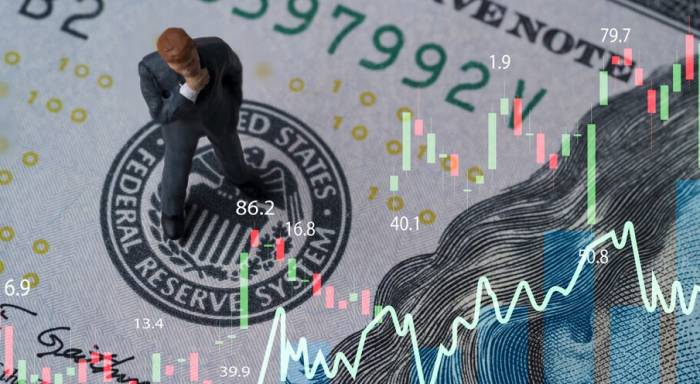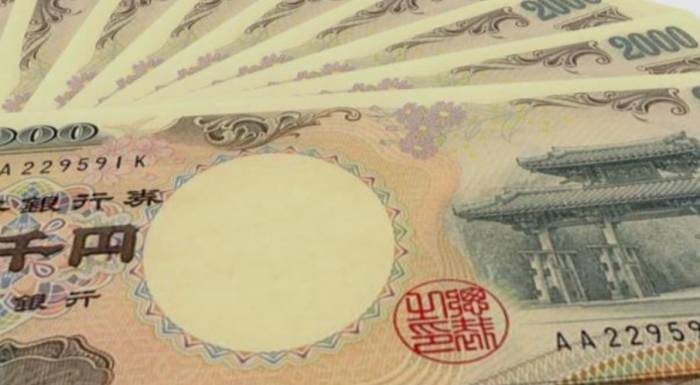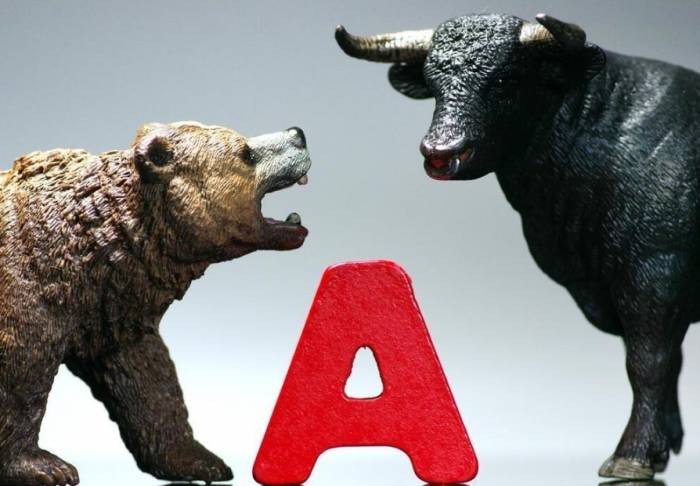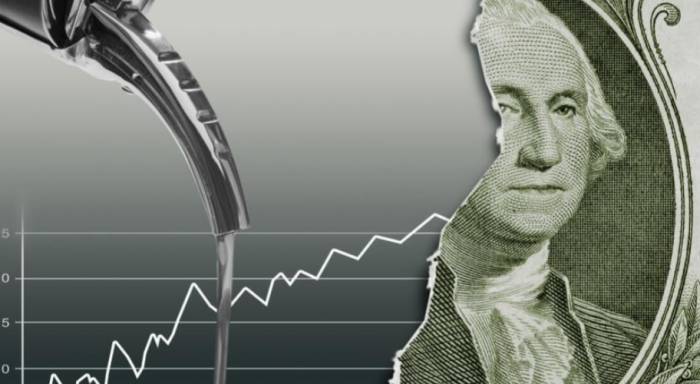In a surprising turn of events, South Korea's President Yoon Suk-yeol announced early on April 4 that he would lift a recently imposed state of emergency, following a mere six hours since its implementation. The state of emergency was declared ostensibly in response to rising political tensions and public unrest. The abrupt decision came around 4:27 AM local time, plunging the nation into an economic and political maelstrom that reverberated through several markets.
Following the announcement, safe haven assets like gold and the Japanese yen experienced an uptick as investors flocked to security amid the unfolding crisis. In stark contrast, the South Korean won fell sharply against the U.S. dollar, reaching a two-year low as it plummeted by as much as 2.7%. The repercussions were felt overseas as well, with the iShares MSCI Korea ETF, which tracks over 90 mid- to large-cap companies in South Korea, crashing by 7% to a 52-week low before settling at a 1.6% loss, reflecting investor anxiety over the future economic stability of the country.
As fears gripped the South Korean market, the Seoul Composite Index opened significantly lower on Wednesday. At one point, it dipped by as much as 2%. Heavyweights such as KB Financial Group saw their shares tumble more than 7%, the National Bank of Korea dropped by 6%, while tech giants Samsung Electronics and SK Hynix saw declines of over 2%. This economic turbulence also extended to the bond market, where 10-year KTB futures fell by 0.5%, and the spread for high-rated South Korean dollar bonds widened by at least five basis points. Additionally, the country’s cryptocurrency exchanges experienced turmoil, with Bitcoin's trading price crashing from a staggering KRW 134 million (approximately USD 94,500) to KWR 88 million (about USD 62,100), leading to intermittent trading disruptions.
In response to the market chaos, Korean financial regulatory bodies intervened, quickly implementing several measures to stabilize the market. Although the declines moderated somewhat, by 11 AM on April 4, the Composite Index had retracted to a 2.04% loss. Meanwhile, the MSCI Korea ETF's drop steadied at around 1.59% following initial corrections. The fluctuations in the won against the dollar also showed some signs of stabilization, recovering most of its earlier losses by mid-morning, but analysts expect continued volatility in the market.
The political atmosphere in South Korea remains chaotic. The primary opposition, the Democratic Party of Korea, has called for President Yoon to resign immediately and threatened impeachment proceedings should he refuse. Voices of dissent have emerged not only from the political realm but also from the public, with numerous civic groups holding press conferences to demand Yoon’s removal. Adding to the discontent, the Korean Confederation of Trade Unions has announced its intention to embark on an indefinite strike, holding the president accountable for declaring the state of emergency.
In a concerted effort to quell the growing unrest in the financial markets, various government departments, including the Bank of Korea, the Financial Services Commission, and the Ministry of Finance, introduced emergency measures before the market opened. The government has pledged to provide “unlimited liquidity” if needed to stabilize the situation. South Korean Governor Kim Byung-hwan stressed the commitment to preventing financial market turmoil and maintaining operational stability. To that end, a stock market stabilization fund amounting to KRW 100 trillion (approximately USD 70.7 billion) is ready to be deployed. Moreover, they intend to activate a KRW 400 trillion bond market stabilization fund, supporting programs for corporate bonds and commercial paper purchases.
On the morning of the crisis, the Bank of Korea convened an extraordinary board meeting. It announced that it would sell two-year monetary stabilization bonds at a yield of 2.690% and would ease collateral policies in repurchase agreements to alleviate any emerging strains in the bond market. Last week, the bank unexpectedly cut the benchmark interest rate by 25 basis points, further demonstrating its proactive stance amid economic uncertainties.
In tandem, the Ministry of Finance held its own emergency meeting where Finance Minister Choi Sang-mok reassured the public that a round-the-clock team would be created to monitor the market closely and mitigate any uncertainty post-crisis, ensuring minimal impact on the economy and the lives of citizens. Beyond these public measures, some traders speculate that the government may have engaged in dollar sales to dampen the won’s depreciation when the onshore market opened.
The road ahead, however, remains fraught with challenges. Lee Kyung-min, a strategist at Daishin Securities, pointed out that the domestic political uncertainties would likely spike short-term volatility in local financial markets. Despite this, he remains optimistic that the stock market and the won will eventually reclaim stability, asserting that both were significantly undervalued.
Min-jun Kang, an economist at ING Group, echoed this sentiment, although he noted that it was still unclear how the imposition of the state of emergency would influence South Korea's sovereign credit rating. He underscored that market participants were grappling with significant unknowns, yet many remained confident about a rebound.
Meanwhile, Lars Stendevald, Chief Investment Strategist at Saxo Bank, commented that while uncertainty still looms large in the market, South Korea's agile response to the crisis should curtail any long-term ramifications on its assets. Citibank analysts also suggested that the negative impacts of the political turmoil would likely be transient, given the proactive policy responses from authorities.
However, Jung In Yun, the CEO of Fibonacci Asset Management, warned that market volatility is likely to persist and could provide investment opportunities. He cautioned that the discounting issues affecting South Korean assets might create headwinds for growth in the long run.






























Join the Discussion